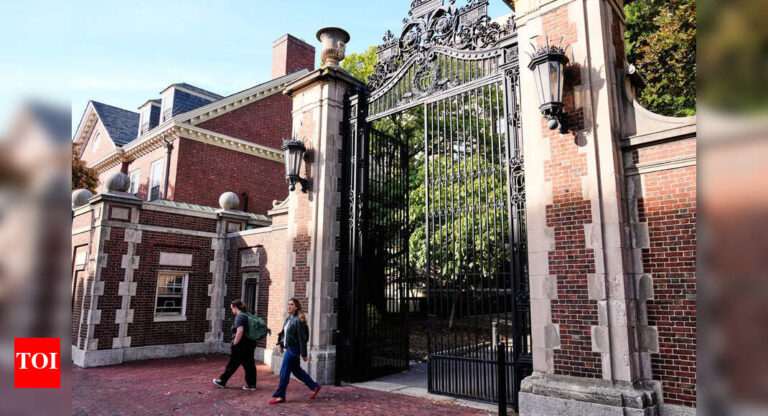
Carnegie Mellon University has laid off 75 employees at its Software Engineering Institute (SEI), representing 10% of the institute’s workforce, amid growing concerns over changes to federal research funding. The reduction follows financial challenges tied to shifting funding priorities in Washington, according to a message sent to the university community by Vice President for Research Theresa Mayer.Mayer linked the cuts to SEI’s “unique financial structure as a federally funded research and development center as well as the shifting federal funding priorities that are shaping the research landscape,” as reported by Higher Ed Dive. The SEI is primarily sponsored by the US Department of Defense and focuses on software engineering, cybersecurity, and artificial intelligence research to support federal agencies.Funding changes impact key research instituteThe layoffs come despite Carnegie Mellon’s overall financial stability. University President Farnam Jahanian stated in August that the institution is positioned to complete the current fiscal year without a deficit. In a previous message, Jahanian noted the university had already reduced its expenses by $33 million to weather fiscal pressures, as reported by Higher Ed Dive.However, SEI has experienced direct effects from recent federal policy decisions. In fiscal 2024, SEI received $148.8 million in grants and contracts revenue. Despite that, Mayer said the institute had undertaken “extensive steps to avoid this outcome, including implementing cost-saving measures in recent months,” but “was unable to reallocate or absorb costs, so staff reductions were unavoidable,” as quoted by Higher Ed Dive.Legal battles over overhead capsThe university also faces potential losses from proposed federal caps on indirect research costs. The Trump administration has attempted to implement a 15% reimbursement cap across several federal agencies. These policies have been challenged in court, and Carnegie Mellon is a plaintiff in a lawsuit that successfully blocked the cap at the National Institutes of Health. The ruling is under appeal, and the university is also involved in legal actions through the Association of American Universities.According to Jahanian, if the 15% cap were enacted, Carnegie Mellon could face an additional $40 million annual shortfall. Indirect research costs cover essential infrastructure such as laboratories, utilities, and administrative support, as explained in Higher Ed Dive reporting.Enrolment shortfalls add to financial strainThe university’s financial challenges are not limited to research funding. Carnegie Mellon has projected $365 million in graduate tuition revenue for the current fiscal year, approximately $20 million below earlier estimates. The decline is tied to lower-than-expected enrolment, although Jahanian did not specify causes.Jahanian stated that the university is reviewing its balance of undergraduate to graduate and international to domestic students to “ensure long-term stability,” as noted in Higher Ed Dive. Other universities, such as DePaul University, have also reported steep drops in international graduate enrolment, citing visa delays and restrictive US immigration policies under the Trump administration.Between 2018 and 2023, Carnegie Mellon’s overall enrolment rose by 11.2% to 15,596 students, while graduate enrolment increased by 11.7% to 8,307, according to Higher Ed Dive. Despite the growth, federal funding reductions and enrolment volatility continue to challenge institutional planning.








